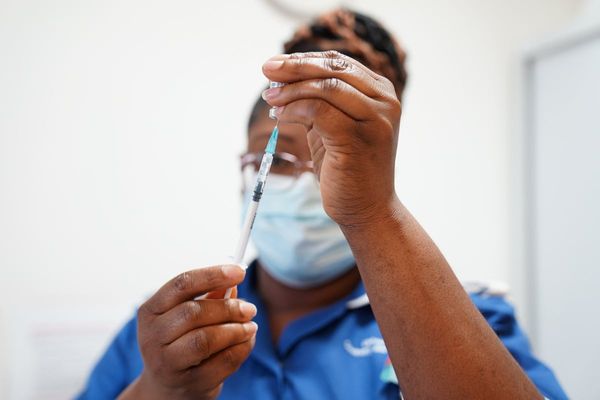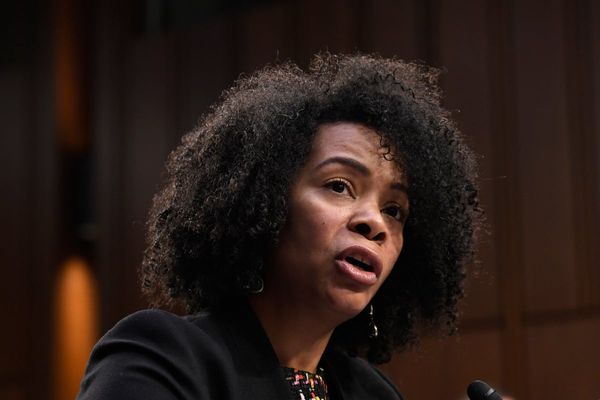The inflation rate has risen to its highest for almost 30 years, the Office for National Statistics has said.
It said the rate of Consumer Price Index inflation increased to 5.4 per cent in December from 5.1 per cent in November.
This is the highest since March 1992, when it stood at 7.1 per cent.
Grant Fitzner, chief economist at the Office for National Statistics (ONS), said: “The inflation rate rose again at the end of the year and has not been higher for almost 30 years.
“Food prices again grew strongly while increases in furniture and clothing also pushed up annual inflation.
“These large rises were slightly offset by petrol prices, which despite being at record levels were stable this month, but rose this time last year.
“The closures in the economy last year have impacted some items but, overall, this effect on the headline rate of inflation is negligible.”
The figures come amid mounting pressure on the Government to help with eye-watering rises in gas and electricity bills, with fears that many vulnerable people are choosing between heating their homes and buying food.
Chancellor Rishi Sunak said: “I understand the pressures people are facing with the cost of living and we will continue to listen to people’s concerns, as we have done throughout the pandemic.”
The ONS figures also showed that the Retail Prices Index (RPI) measure of inflation soared to its highest level since March 1991- hitting 7.5 per cent last month, up from 7.1 per cent in November.
It said food and drink prices lifted by 4.2 per cent year on year in December, which is the biggest rise since September 2013.
Clothes shops also put up prices by an average 4.2 per cent.
But the biggest hit to consumer pockets continues to be the rises in energy bills after an October increase to the price cap, with experts warning over a leap of more than 50 per cent in these costs when the next revision is due in April.
Meanwhile, motorists have also faced painful fuel price rises, and the ONS said average petrol prices remained at a record high of 145.8 pence a litre last month, compared with 114.1 pence a litre a year earlier.
Rising used car prices have been another factor in pushing up CPI since the beginning of 2020, according to the ONS.
The figures showed that CPIH, which includes owner-occupiers’ housing costs and is the ONS’s preferred measure of inflation, was 4.8% in December compared with 4.6% in November and the highest since September 2008.
Samuel Tombs, at Pantheon Macroeconomics, said December’s inflation figures leave the Bank of England with “little choice but to hike rates again in February”.
He said CPI is likely to peak “slightly above” 6 per cent in April.
“Nonetheless, we continue to expect CPI inflation to fall back swiftly after April and ultimately to undershoot the (Bank’s) 2 per cent target in 2023,” he added.







